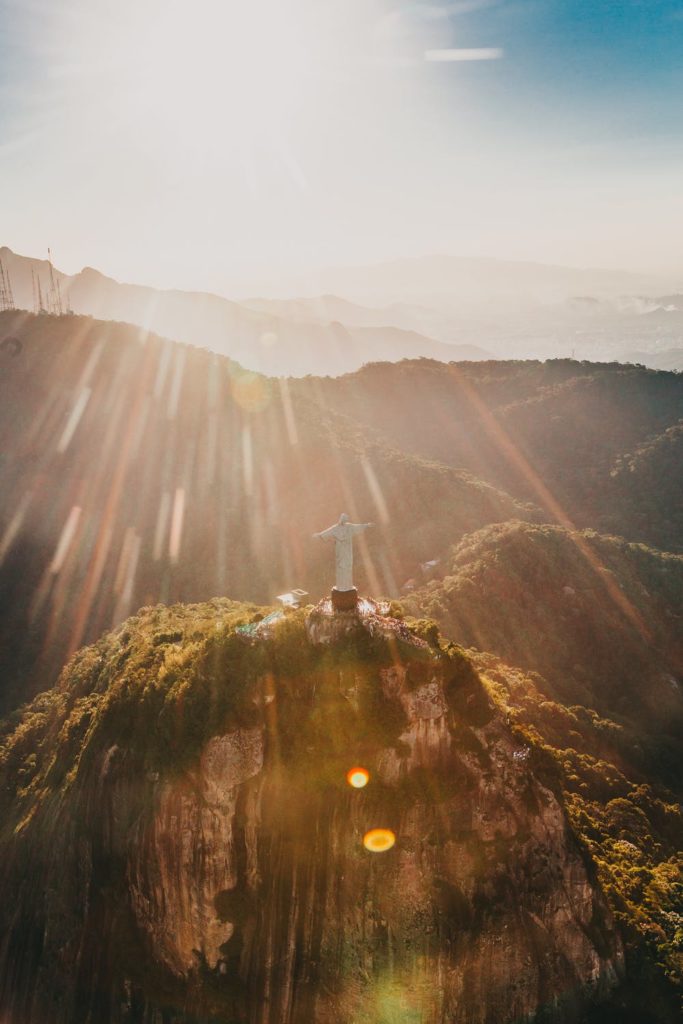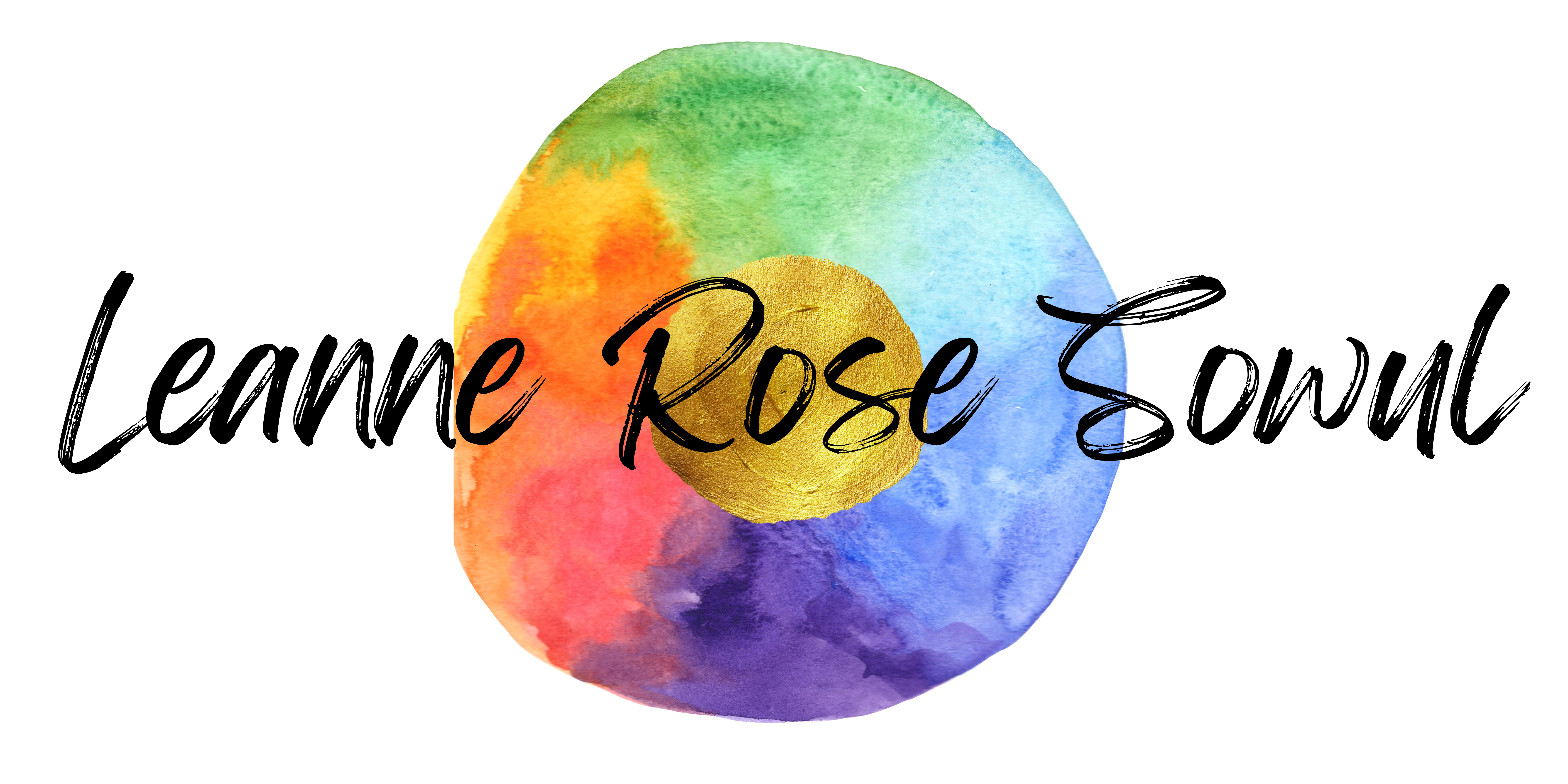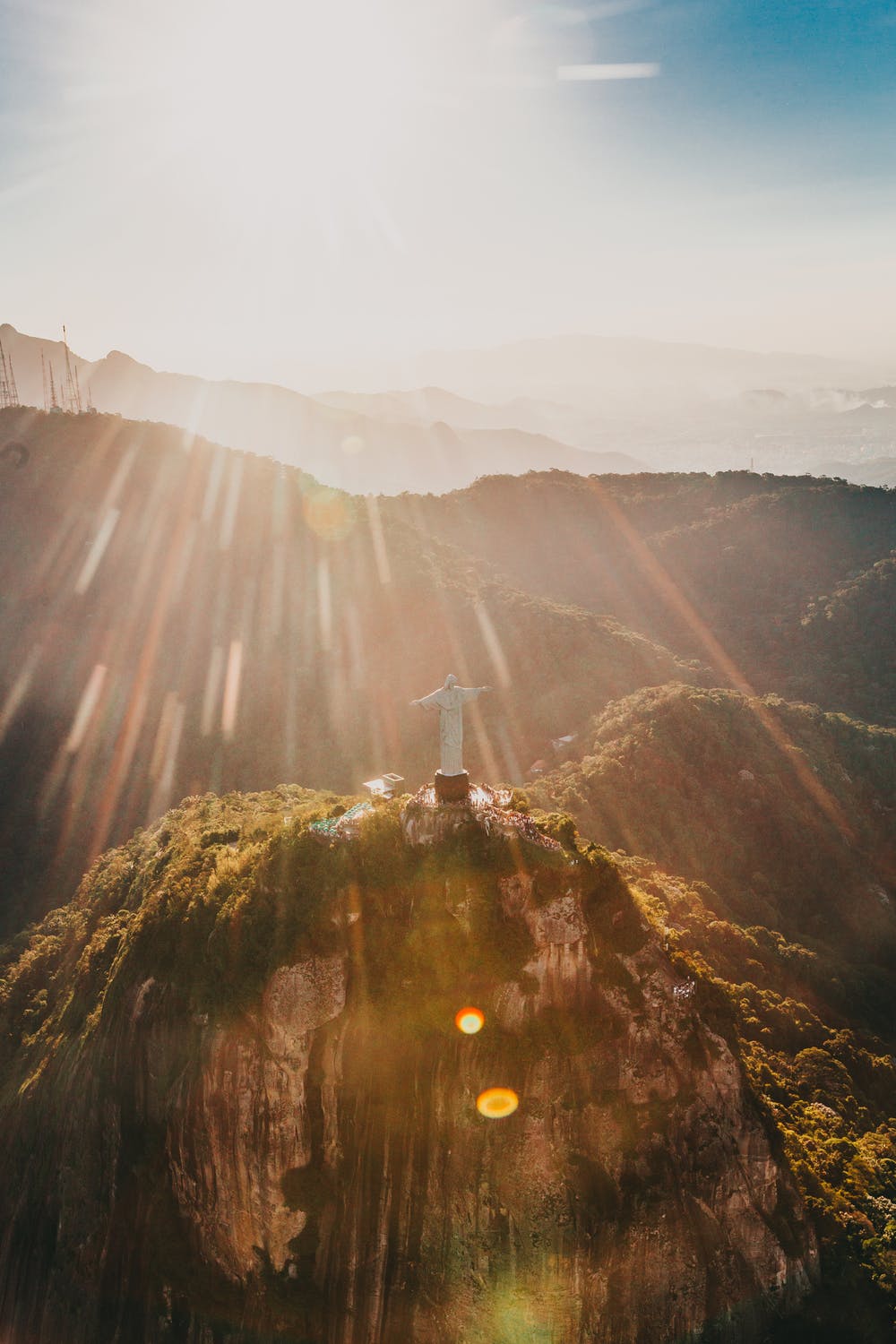I spent the first two months of 2020 working through Julia Cameron’s The Artist’s Way workbook. It’s my second time through– the first was in my mid-twenties– and I found the program much more impactful this time. While I don’t consider myself a blocked artist or an artist “in recovery,” I still learned a great deal about myself as a creative person and now feel more capable of visualizing my creative path.
Where I struggled– where I often struggle with self-improvement books– was with Julia Cameron’s use of the word “God.” She comes right out in the introduction and acknowledges that everyone interprets this word differently; that it works for her, but the reader can re-interpret it with the words “spirit” or “universe” or another religious term. That would be fine, if I was in a place in my life where I knew what to call God. It’s something I’ve been struggling with, as a born-and-raised Catholic who hasn’t yet found what she’s looking for as an adult.
But the god-spirit is integral to most work on creativity, and so I need to live with that discomfort if I’m going to read, study and write on that subject. I’ve found that I struggle most when the language puts distance between God and creativity. For example, Cameron writes, “Expecting divine help, we tend to receive it.” This language treats God as a separate divinity. This is what I was taught as a child, and I feel my spirit rebel against my inner child when I encounter that concept.
What works better for me is when God is treated as a universal spirit to which I have creative access. Later in the book, Cameron says, “The creator made us creative. Our creativity is our gift from God. Our use of it is our gift to God. Accepting this bargain is the beginning of true self-acceptance.” While this language still treats God as divine, I am able to feel a channel between me and the god-spirit. It’s as though God, the creative force, and myself are in a loop of flowing energy.
One day I’d like to write a book about the creative process. It won’t be like Big Magic or other books of that ilk: ethereal, mystical. It will be a practical, pragmatic approach to the practice of creativity. But I still wouldn’t write a book about creativity without acknowledging the source of creative energy, and so between now and then, I’ll have to untangle my complicated thoughts about the creative spirit. Maybe this post is a good beginning.
How do you feel God fits into the creative realm? With what type of god-language do you struggle, if at all?


